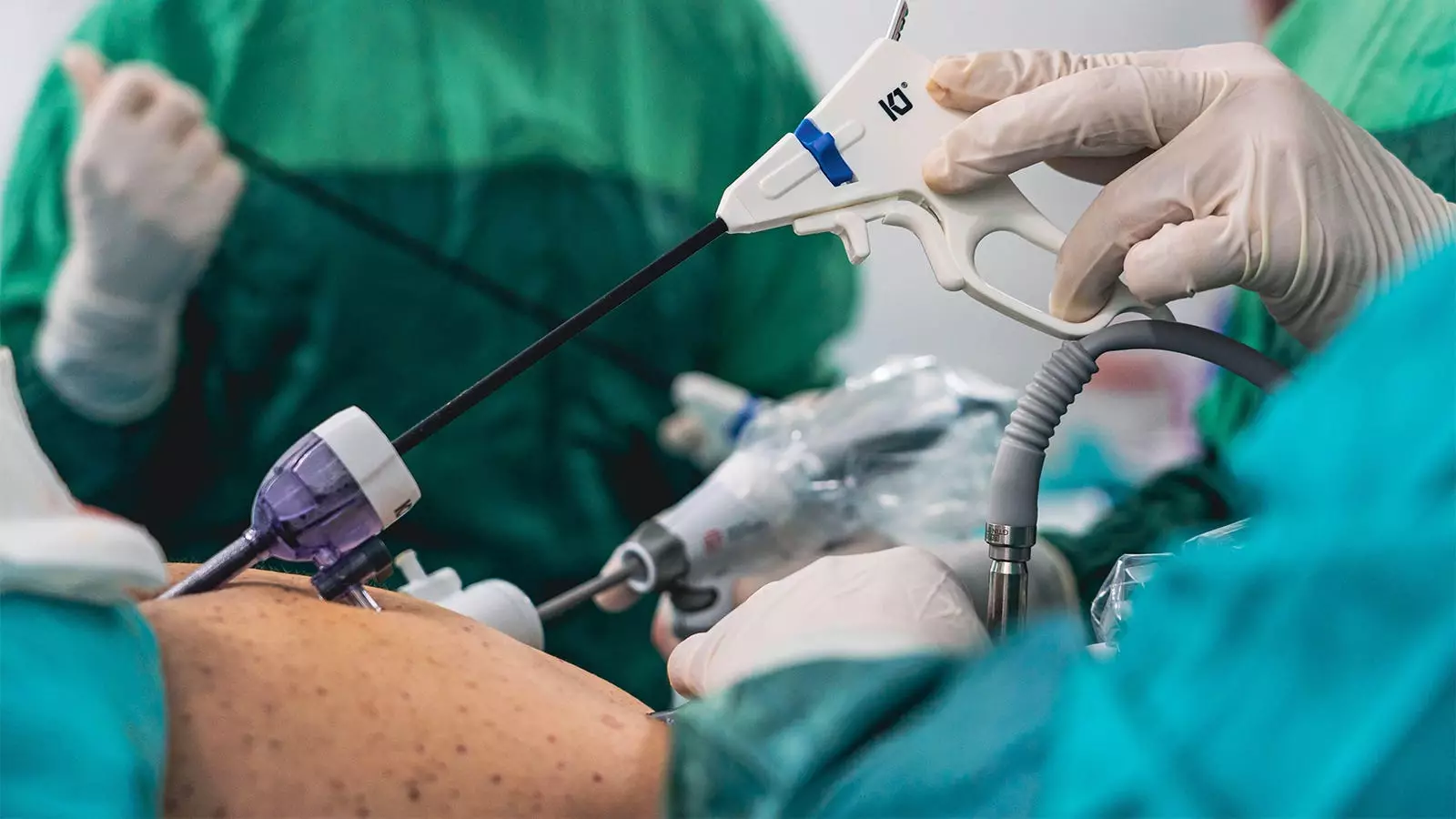The alarming rise in obesity rates, coupled with the associated metabolic disorders, has sparked significant concerns within the medical community. Among these concerns is the relationship between obesity, metabolic dysfunction, and liver disease, particularly metabolic dysfunction-associated steatohepatitis (MASH)-related cirrhosis. Recent research spearheaded by Steven Nissen, MD, at the Cleveland Clinic, has shed light on how bariatric surgery can offer a critical intervention for patients suffering from obesity and compensated MASH-related cirrhosis.
The SPECCIAL (Surgical Procedures Eliminate Compensated Cirrhosis in Advancing Long-Term) study provided compelling evidence regarding the efficacy of bariatric surgery in managing patients with this combination of issues. In an observational study involving 168 participants diagnosed with compensated MASH-related cirrhosis, researchers compared the outcomes of 62 individuals who underwent bariatric surgery against a control group of 106 participants who received non-surgical interventions. The 15-year follow-up indicated that the cumulative incidence of adverse liver outcomes was significantly lower among those who had surgery, with a rate of only 21% compared to 46% in the control group.
This dramatic difference underscores the potential of surgical weight loss for improving not just physical health but also the long-term trajectory of liver diseases correlated with metabolic dysfunction. The study further demonstrated a notable reduction in the risk of progression to decompensated cirrhosis, exemplifying the importance of weight management in mitigating the adverse outcomes of liver disease.
Bariatric surgery’s role in transforming eligible candidates for liver transplantation also warrants attention, especially for those with severe obesity, who often face significant challenges in receiving transplants due to the higher risk of post-operative complications. The indication that substantial and sustained weight loss could convert these patients’ eligibility is a game changer, emphasizing bariatric surgery not merely as a weight-loss solution but as a strategic intervention within the broader scope of liver health management.
While traditional recommendations for MASH-related cirrhosis revolved around lifestyle modifications, the findings of this study cast doubt on their sufficiency in effecting the necessary metabolic changes. With surgical options emerging as viable alternatives, clinicians may need to reconsider treatment protocols to incorporate bariatric surgery for at-risk populations more rapidly.
The optimism surrounding these findings, however, must be tempered with careful consideration. Experts, including Wajahat Mehal, MD, DPhil, have cautioned that while bariatric surgery presents an attractive option, it should only be performed in specialized medical centers capable of addressing the complex health profiles of patients with cirrhosis. The nuances of operating on patients with underlying liver conditions demand experienced surgical teams and appropriate perioperative care protocols to ensure safety and efficacy.
Furthermore, the study’s limitations highlight the necessity for further research. The absence of data regarding lifestyle factors, such as dietary changes and physical activity during follow-up, poses potential risks of biases, which could skew the results. The predominance of white participants also raises questions about the generalizability of the outcomes across diverse racial and ethnic groups.
Despite the cautionary aspects surrounding the research, the SPECCIAL study undoubtedly paves the way for a shift in managing obesity-related liver disease. By illustrating the effectiveness of bariatric surgery in altering the course of compensated MASH-related cirrhosis, the findings invite a reevaluation of established protocols.
As we strive for enhanced patient outcomes within the spheres of obesity and liver disease, incorporating multidisciplinary approaches that include surgical options alongside lifestyle interventions presents a formidable pathway forward. While extensive clinical trials remain necessary to establish long-term efficacy across diverse populations, the potential for bariatric surgery to positively influence the health trajectory of patients grappling with obesity and liver complications cannot be understated. The integration of these findings into clinical practice holds promise not only for individual patient recovery but ultimately for informing public health strategies aimed at tackling the obesity epidemic intertwined with serious metabolic conditions.


Leave a Reply